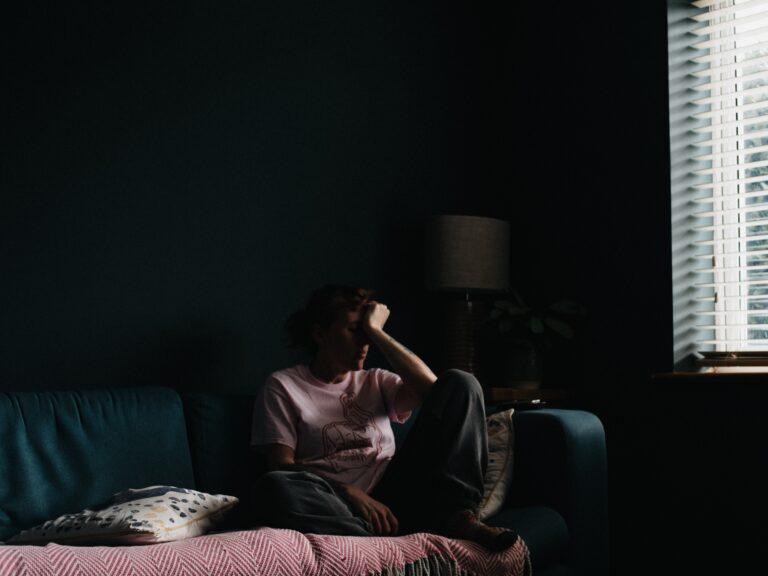When it comes to court-ordered rehabilitation, understanding the financial obligations can be a complex matter. It’s imperative to be well-informed about who bears the costs and how the process works. In this comprehensive guide, we will delve into the intricacies of who pays for court-ordered rehab and shed light on the various scenarios that may arise.
The Court’s Decision
The responsibility for funding court-ordered rehabilitation ultimately lies with the individual mandated by the court to undergo treatment. This decision is made after a thorough assessment of the individual’s circumstances, the nature of the offense, and the potential benefits of rehabilitation.
Private Insurance Coverage
In many cases, individuals may have private health insurance that can cover a portion, if not all, of the expenses related to court-ordered rehab. It is crucial to review the terms and conditions of the insurance policy to determine the extent of coverage available for rehabilitation services.
Government Assistance Programs
For those who do not have private insurance or the means to cover the costs independently, government assistance programs may come into play. These programs vary by jurisdiction and can provide financial support for court-ordered rehab, ensuring that individuals have access to the necessary treatment regardless of their financial situation.
Court-Appointed Attorneys and Legal Aid
In certain instances, individuals may be eligible for court-appointed attorneys or legal aid services. These legal professionals can guide individuals through the process and advocate for their rights, including exploring options for funding court-ordered rehabilitation. They can provide valuable information on available resources and avenues for financial assistance.
Rehabilitation Facilities and Payment Options
Moreover, rehabilitation facilities are attuned to the diverse financial situations of their clients. They often offer a range of payment options, including sliding scale fees based on income, scholarships, and deferred payment plans. It is advisable to communicate openly with the chosen facility to discuss available payment arrangements.
Third-Party Contributions
In some cases, third parties may step in to assist with the costs of court-ordered rehab. For example, this could include family members, friends, or charitable organizations that recognize the importance of rehabilitation.
Navigating the Financial Aspects of Court-Ordered Rehab
In summary, the responsibility for funding court-ordered rehabilitation primarily rests with the individual mandated by the court. However, there are various avenues available to alleviate the financial burden. These range from private insurance coverage to government assistance programs and third-party contributions. It is crucial to explore these options thoroughly and seek guidance from legal professionals and rehabilitation facilities to ensure that individuals receive the necessary treatment without undue financial strain.
Also, Altitude Recovery is a compassionate and comprehensive addiction treatment center, offering personalized programs for recovery. Their experienced team fosters a supportive environment for a brighter, drug-free future. If you or someone you know struggles with addiction, contact Altitude Recovery for a confidential consultation. Their tailored approach ensures a successful path to healing. Take the first step towards a healthier life – contact Altitude Recovery, and they are here to guide you.



